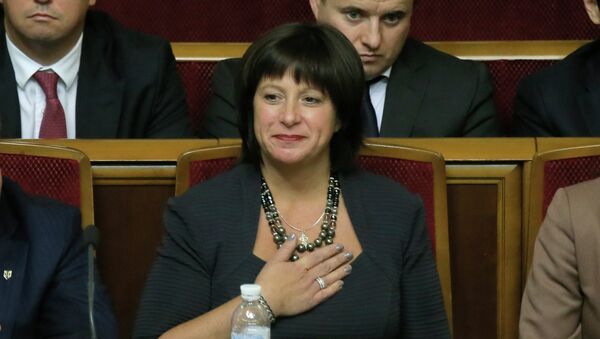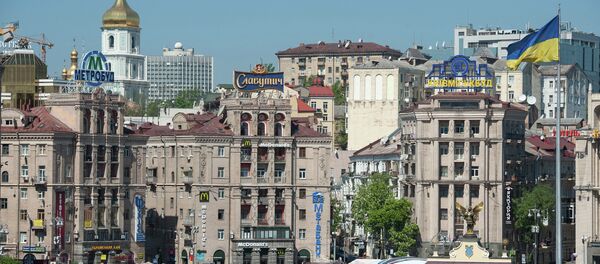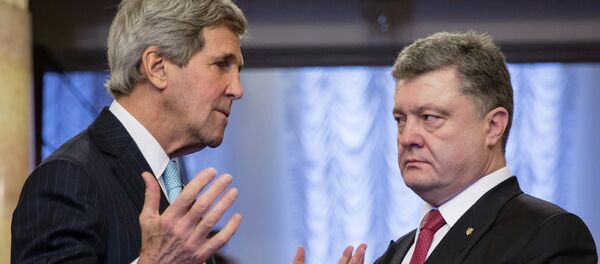The near 12-fold difference between the compensation ceiling and Jaresko’s bonuses paid in 2013 was justified in the documents from Jaresko-headed Western NIS Enterprise Fund (WNISEF) by drawing a distinction between getting paid directly from $150 million US government grant and the money from the fund’s investment sales proceeds, which were used to extract bonuses beyond the prescribed compensation cap, the article read.
Jaresko and some WNISEF officers used this loophole for their own personal gain and to financial risks. They collected bonuses from some investments even if the overall fund was losing money.
Indeed, in recent years the fund has been shrinking. According to WNISEF’s 2013 filing submitted to the IRS, the value of the fund shrunk from the initial $150 million to $93.9 million in 2012, and to $89.8 million in 2013.
WNISEF was started with $150 million in the 1990s to help develop investments in the Ukrainian and Moldovan economies. The project was administered by the US Agency for International Development (USAID), Jaresko, a former US diplomat of Ukrainian origin, was selected to run the fund.
"So, Jaresko’s arrangement was something like taking someone else’s money to a roulette table, placing it on black, and claiming a share of the winnings if the ball stopped on black. However, if the ball landed on red, then the someone else absorbed the loss, except in this case the winners were Jaresko and her associates and the losers were the American taxpayers," the author explained.
In December 2014, Ukrainian President Petro Poroshenko appointed Jaresko as Finance Minister after granting her Ukrainian citizenship.
Jaresko’s standards for handling public money are relevant to the question: is the new Ukrainian regime just a reshuffling of old corruptionists or an effort at reforms?
The author also wrote that there have been numerous audit gaps regarding WNISEF’s operations. For instance, KPMG auditors only took a narrow view of how to define the incomes of Jaresko and other WNISEF officers, only confirming that no salary exceeded $150,000, and not looking at bonuses. Neither USAID officials nor Jaresko responded to specific questions about the possible conflict of interests in WNISEF, the article read.
During her speech at the international forum in Davos in January, Jaresko stressed that after the Maidan revolution Ukraine shared Western values and would live in accordance with them.
"Exactly which Western 'values' Jaresko actually shares remains unclear because of the fog surrounding her actions at WNISEF and her unwillingness to reveal how much she made from her association with a US–taxpayer funded project. However, if those Western 'values' include putting citizens’ interests before self-interest and believing that transparency is critical for a democracy, Jaresko may need some remedial training," the author concluded.




